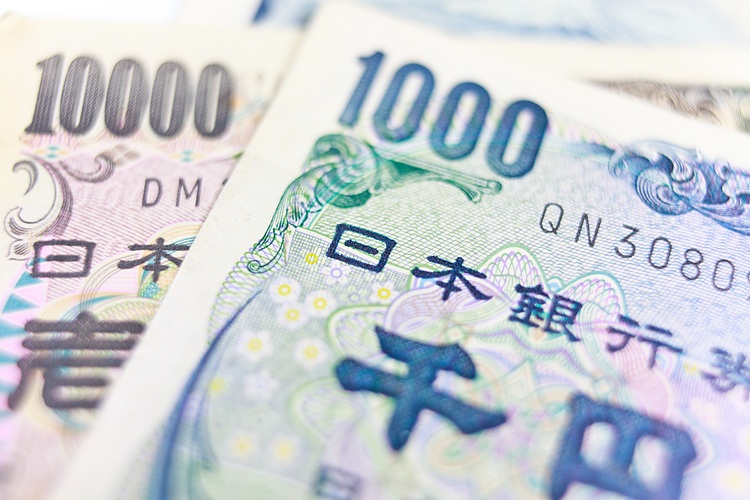The USD/JPY pair has surged above 143.00 in the North American session, driven by dovish comments from Japan’s new leader Shigeru Ishiba, who emphasized the need for an accommodative policy stance. Ishiba’s remarks have put pressure on the Japanese Yen, leading to the strengthening of the USD against the JPY. Investors are eagerly awaiting Federal Reserve Chair Jerome Powell’s speech for further guidance on interest rate cuts. The Fed is expected to cut interest rates by 75 basis points throughout the rest of the year, with the potential for additional cuts in the November and December meetings.
In an interview with public broadcaster NHK, Shigeru Ishiba highlighted the importance of maintaining accommodative monetary policy given the current economic conditions. This has created a bullish sentiment towards the USD/JPY pair, pushing it above 143.00. Additionally, investors are closely monitoring the Bank of Japan’s Summary Of Opinions for insights into the latest monetary policy meeting, where interest rates were left unchanged at 0.1%-0.25%. Expectations were high for hawkish remarks, but the BoJ has signaled a data-dependent approach.
The US Dollar Index (DXY) has also seen a slight recovery, further supporting the USD/JPY pair. The DXY tracks the Greenback’s value against six major currencies and has risen to near 100.50. All eyes are now on Jerome Powell’s upcoming speech, scheduled for 17:00 GMT, for cues on the Fed’s interest rate trajectory. The CME FedWatch tool suggests that the Fed could cut rates by another 50 basis points in the remaining meetings this year following the initial 50 bps cut on September 18.
The Japanese Yen is a widely traded currency, influenced by various factors such as the performance of the Japanese economy, the Bank of Japan’s policy decisions, bond yield differentials between Japan and the US, and risk sentiment in the market. The BoJ plays a crucial role in controlling the value of the Yen through direct interventions in the currency markets. The Yen has depreciated against other major currencies due to the BoJ’s ultra-loose monetary policy in recent years, but recent policy adjustments have provided some support for the currency.
With a policy divergence between the BoJ and other major central banks, particularly the US Federal Reserve, the Yen has faced downward pressure. However, the gradual normalization of BoJ’s monetary policy and interest rate cuts by other central banks are narrowing the policy differentials and impacting the USD/JPY pair. The Japanese Yen is often viewed as a safe-haven currency, attracting investors during times of market turmoil due to its perceived stability. This flight to safety can strengthen the Yen against riskier currencies during uncertain market conditions.











